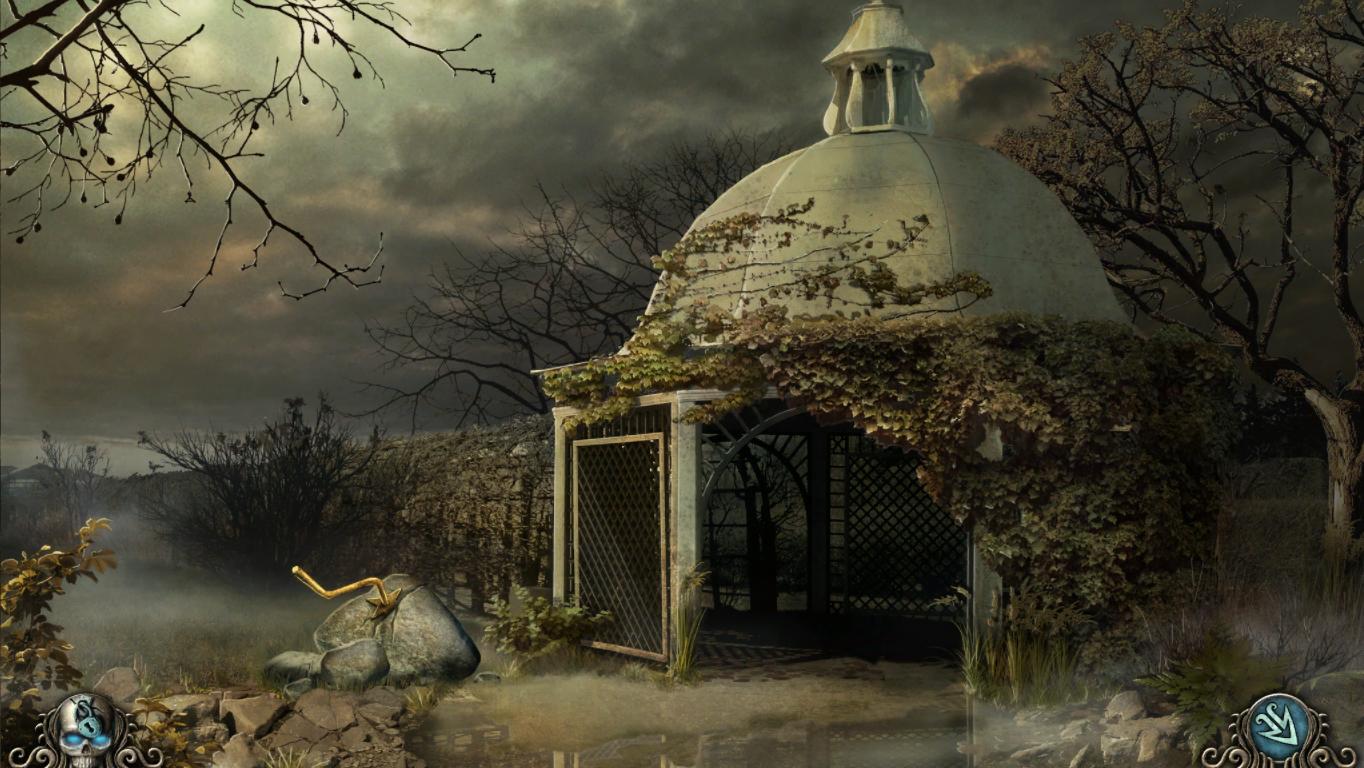


In " Cursed Bunny ," a grandfather relates "the same story he's already told me time and time again" about his friend who had "lost everything" after another brewery owner started a vicious "slander campaign" to eliminate his competition. One major theme of this story jumps right out at you from the start, when the doctor ask her about the baby's father and learns there is no one, and then tells her that she'd better "hurry up and find a man" who's willing to step into the role, or else the consequences will be dire. For example, in the first story, " The Head," there seems to be nothing at all remarkable about "a thing that looked vaguely like a head" speaking to a woman from inside of her toilet bowl, responding to her questions, with the rest of her family telling her to "just leave it alone" since "it's not like it's laying eggs or anything." Then there's " The Embodiment ," in which a young woman discovers she's six weeks pregnant from taking birth control pills longer than the doctor had prescribed. After a while, it starts to dawn on you that the characters in all of these stories seem to accept the strangeness or the absurdities of events happening in their respective, various worlds as just part of ordinary life, a factor that makes each and every story work and work well. Cursed Bunny, as also noted on the blurb, moves through and incorporates a range of different genres, "blurring the lines between magical realism, horror, and science fiction." There is also more than a touch of dark humor at work here as well.


 0 kommentar(er)
0 kommentar(er)
